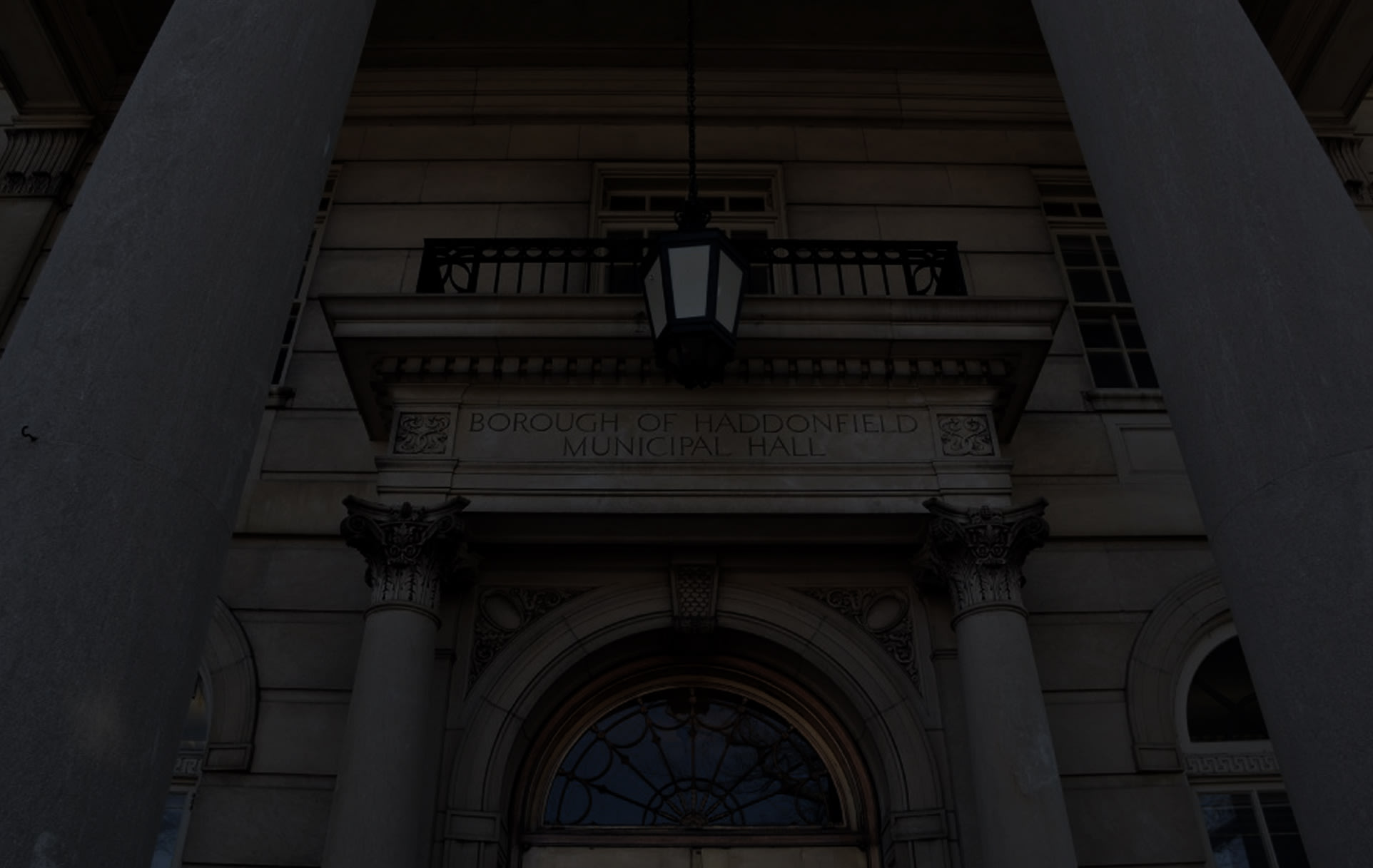
Medical malpractice occurs when a healthcare provider fails to meet the standard of care expected in their field, resulting in harm to the patient. In New Jersey, victims of medical malpractice may be entitled to compensation for their injuries. Understanding the common types of medical malpractice can help you determine if you have a case and guide you in seeking justice.
1. Failure to Accurately Diagnose or Timely Recognize a Condition
One of the most frequent types of medical malpractice happens when a health condition is not correctly identified or is recognized too late. In these situations, the failure to detect an illness or condition promptly can delay essential treatment. As a result, the patient’s condition may worsen, sometimes with serious or life-threatening consequences. Receiving the wrong treatment, or no treatment at all, can lead to complications that could have been avoided with accurate and timely medical care.
How to Know If You Have a Case:
To prove malpractice in a misdiagnosis case, you’ll need to show that a competent doctor in the same situation would have made the correct diagnosis. If your healthcare provider overlooked obvious symptoms, misinterpreted test results, or failed to order the necessary diagnostic tests, you may have a valid medical malpractice claim.
2. Surgical Errors
Surgical errors are another serious type of medical malpractice. These can range from performing the wrong procedure to leaving surgical instruments inside the patient’s body. Even minor mistakes during surgery can lead to infection, organ damage, or other complications. Common surgical errors include:
- Operating on the wrong body part
- Administering the wrong dosage of anesthesia
- Failing to follow proper sterilization procedures
How to Know If You Have a Case:
If you experienced complications after surgery due to negligence, such as a preventable mistake during the procedure, you may have a malpractice case. Surgical errors that are the result of inattentiveness, lack of preparation, or incompetence are strong grounds for filing a claim.
3. Medication Errors
Medication errors occur when a healthcare provider prescribes the wrong medication, the wrong dosage, or fails to check for dangerous drug interactions. These errors can lead to serious harm or even death. Common medication errors include:
- Prescribing the wrong drug for a patient’s condition
- Failing to check for drug allergies or contraindications
- Administering an incorrect dosage of medication
How to Know If You Have a Case:
If you were harmed because of a medication error, such as receiving the wrong drug or an incorrect dosage, you may have a valid medical malpractice claim. You must be able to show that the mistake was due to negligence, such as a failure to properly review your medical history or communicate with other healthcare providers involved in your care.
4. Birth Injuries
Birth injuries can occur due to negligence during prenatal care, labor, or delivery. These injuries can affect both the mother and the child, leading to long-term health problems or disabilities. Common examples of birth injuries include:
- Improper use of forceps or vacuum extractors during delivery
- Failure to perform a timely C-section
- Failure to monitor fetal distress
How to Know If You Have a Case:
If you or your child suffered injuries during childbirth, and you believe they were the result of improper care or mistakes made by the healthcare provider, you may have a case for medical malpractice. Birth injury cases can be complex, requiring expert testimony to prove that the healthcare provider’s actions directly caused harm.
5. Anesthesia Errors
Anesthesia is a critical part of many medical procedures, and errors related to anesthesia can have life-threatening consequences. Anesthesia errors may involve administering too much or too little of the drug, failing to monitor the patient’s vital signs, or not properly considering the patient’s medical history. These mistakes can result in permanent injuries, brain damage, or death.
How to Know If You Have a Case:
If you suffered complications during or after surgery due to anesthesia mistakes, you may have grounds for a medical malpractice claim. Your medical malpractice lawyer will need to demonstrate that the anesthesiologist or medical team failed to follow the standard of care, leading to your injury.
6. Failure to Obtain Informed Consent
Before performing any procedure, a healthcare provider is required to explain the risks, benefits, and alternatives to the patient. This is known as obtaining “informed consent.” If a doctor performs a procedure without obtaining the patient’s informed consent and the patient suffers harm, the doctor may be held liable for medical malpractice.
How to Know If You Have a Case:
If you weren’t properly informed about the risks of a procedure and suffered an injury as a result, you may have a medical malpractice case. You’ll need to show that had you known about the risks, you might have chosen a different treatment option or avoided the procedure altogether.
Proving Medical Malpractice: Key Elements
To establish a medical malpractice case, you must be able to prove the following four elements:
- Duty of care: You had a doctor-patient relationship with the healthcare provider, meaning they owed you a duty of care.
- Breach of duty: The healthcare provider breached this duty by failing to meet the standard of care expected in their profession.
- Causation: The breach of duty directly caused your injury.
- Damages: You suffered actual damages as a result, such as physical injury, emotional distress, or financial losses.
An experienced New Jersey medical malpractice lawyer can help gather evidence, consult with medical experts, and build a strong case to prove these elements.
What to Do if You Suspect Medical Malpractice in New Jersey
If you believe you’ve been a victim of medical malpractice, it’s important to take action as soon as possible. The statute of limitations in New Jersey gives you a limited time to file a claim. Here are the steps you should take:
- Seek a second opinion: If you suspect malpractice, consult another healthcare provider to assess your condition and any potential mistakes made in your treatment.
- Collect medical records: Gather all relevant medical records, including diagnoses, treatments, and communications with healthcare providers.
- Schedule a medical malpractice consultation: Speak with a qualified medical malpractice attorney who can evaluate the specifics of your case. They will assess the details to determine whether you have a valid claim and what steps to take next.
An attorney with experience in medical malpractice will help you understand your options and fight for fair compensation if negligence is proven. Taking early action ensures that you protect your rights and meet necessary deadlines for filing a claim.
Contact The Law Offices of Andres, Berger & Tran to File a Medical Malpractice Claim in New Jersey
Medical malpractice can have devastating consequences for patients and their families. If you believe you’ve been a victim of medical negligence in New Jersey, it’s essential to consult with a qualified medical malpractice lawyer who can guide you through the legal process and help you seek compensation for your injuries.
Contact The Law Offices of Andres, Berger & Tran today for a consultation. You can call us at
856-317-6558 or fill out our online contact form to discuss your case and learn how we can help you move forward.
Disclaimer: The information provided is not legal advice and does not establish an attorney-client relationship.













